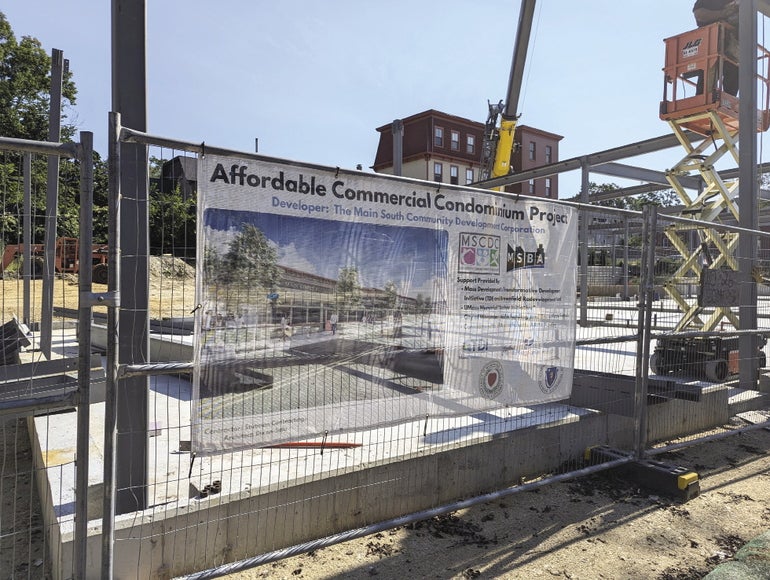The WPI hotel-to-housing controversy sparked a secondary conversation about the organization which initially led the charge by sending WPI a fiery public letter.
Get Instant Access to This Article
Subscribe to Worcester Business Journal and get immediate access to all of our subscriber-only content and much more.
- Critical Central Massachusetts business news updated daily.
- Immediate access to all subscriber-only content on our website.
- Bi-weekly print or digital editions of our award-winning publication.
- Special bonus issues like the WBJ Book of Lists.
- Exclusive ticket prize draws for our in-person events.
Click here to purchase a paywall bypass link for this article.
Worcester Polytechnic Institute’s plan to convert two Gateway Park hotels into student housing has sparked a firestorm of controversy, as the showdown between Central Massachusetts’ largest university and some of Worcester top political and business leaders sparked conversations about land use, hotel occupancy rates, and the expanding presence of tax-exempt higher education institutions.
The showdown has sparked a secondary conversation, too, about the organization which initially led the charge by sending WPI a fiery public letter: the usually behind-the-scenes Economic Development Coordinating Council.
This group, self-described as a weekly informal gathering, contains some of the city's biggest power players. Those EDCC members who signed the WPI letter were Worcester’s city manager and mayor, and the leaders of the Worcester Regional Chamber of Commerce, the Worcester Business Development Corp., and Mass. Biomedical Initiatives.
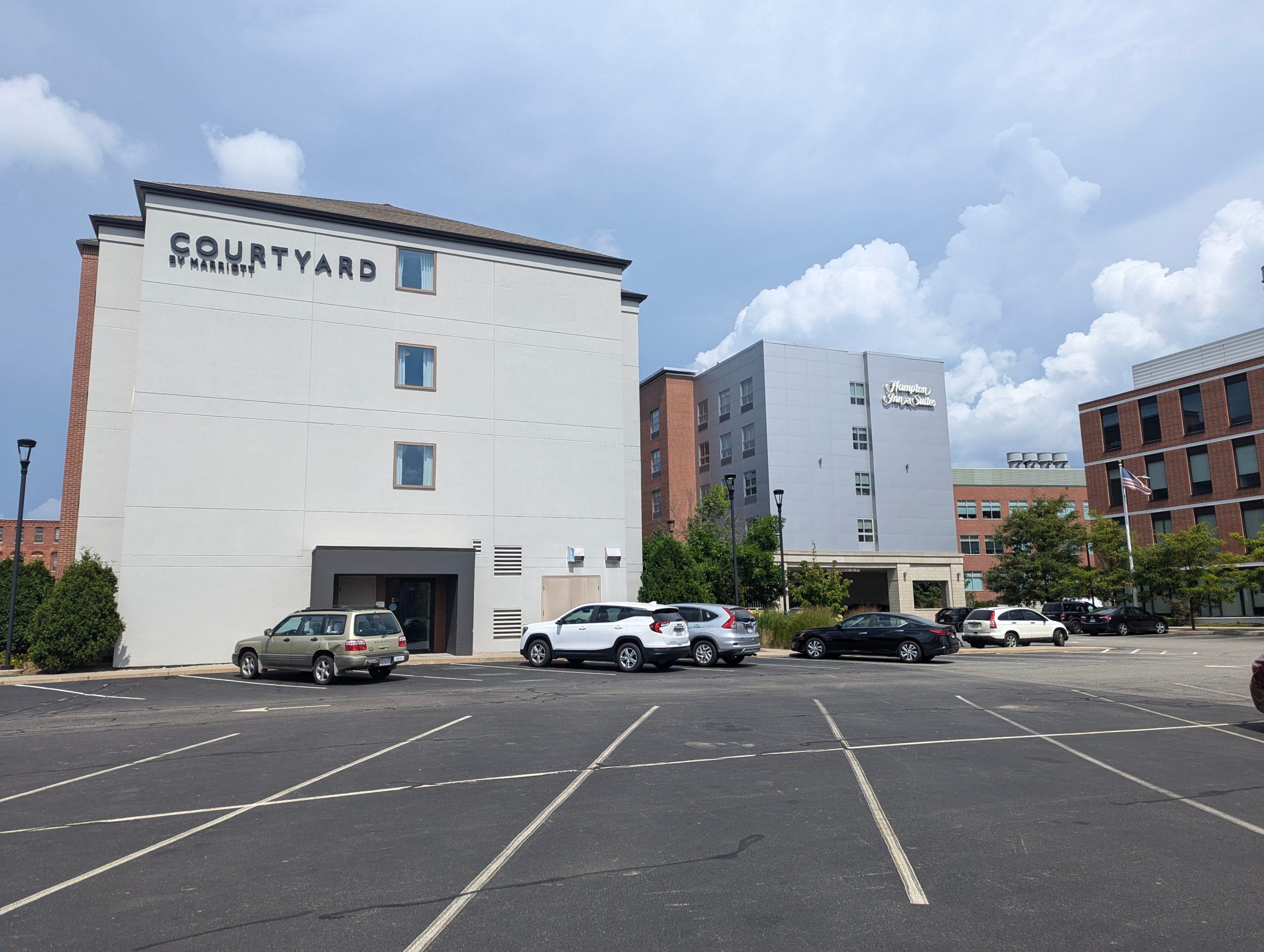
Worcester District 5 Councilor Etel Haxhiaj is using the EDCC’s rare moment in the spotlight to call for better inclusion from Worcester’s community development corporations, nonprofits working to revitalize neighborhoods.
“I do think that we need to find a more sustained way of making sure that folks of color are particularly included in this discussion,” Haxhiaj said. “Anything that happens in our neighborhood will affect communities that have been traditionally marginalized and left out of economic development and planning.”
Making CDCs a regular part of the EDCC is a shortcut in giving people who interact with disadvantaged populations on a daily basis a seat at a table of power. However, CDCs aren't pushing for it.
“I don't think there's a need really for CDCs to be part of the EDCC,” said Stephen Teasdale, executive director of the Main South Community Development Corp. “They're looking more at macro issues.”
The work the EDCC does is a net positive for Worcester, said Teasdale, although he did offer some critiques.
“Its influence needs to be transparent. I think that probably the title of the group is a little concerning,” he said, saying the coordinating council’s name suggests it plays more than just an advisory role. “It's a good forum, as long as just having that access doesn't influence too much the political presence they have in terms of influence of policy when there are contrary concerns.”
A unified voice for development
Those behind the EDCC say the organization represents an attempt to provide a unified voice for economic development and in the competition for state and federal government funds.
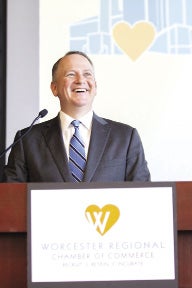
“The purpose of the EDCC is to allow interests in the city to have a unified first point of contact,” said Timothy Murray, president and CEO of the Worcester Regional Chamber of Commerce. “We are trying to bring developers and investors into the city to show them opportunities where they can maybe grow.”
Before the EDCC’s existence, Worcester’s dealings with developers and potential sources of funding from state or federal government could be disjointed, leading to mixed message or overlapping requests, Murray said.
“For years, people complained Worcester never got its fair share and was oftentimes left empty handed, on projects and initiatives and with funding out of Boston or Washington. We changed that,” said Murray.
The Reactory biomanufacturing park, a 46-acre development at the former site of Worcester State Hospital seeking to boost Worcester’s biotech sector, is an example of what EDCC can accomplish, said Jon Weaver, MBI president & CEO.
“If you look at how that project came to be, it really exemplifies what the EDCC can do,” Weaver said.
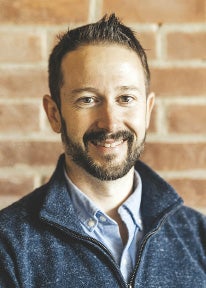
To make The Reactory possible, WBDC purchased the abandoned hospital campus from the state government and then worked with City and state officials to gain development approvals and arrange public funding. Members of the EDCC helped recruit companies for the biomanufacturing park, eventually landing WuXi Biologics, which is building a $300-million facility.
CDC impact
Instead of attracting developers and businesses, CDCs focus on revitalizing neighborhoods and affordable housing.
Two of Worcester’s most prominent CDCs , Main South CDC and Worcester Common Ground, have added hundreds of housing units in the city since their founding in the 1980s.
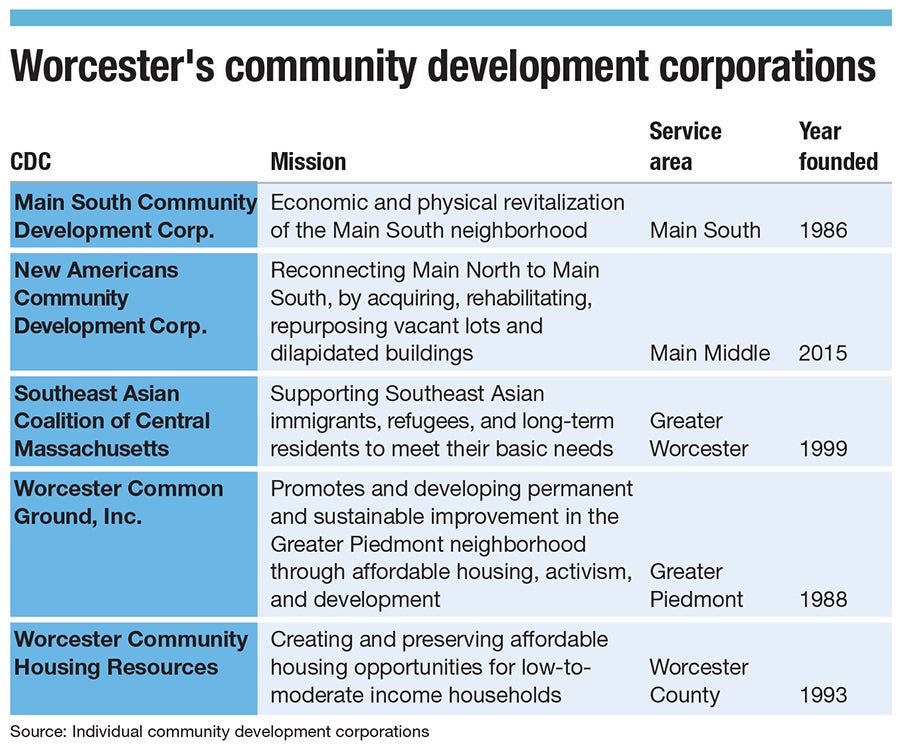
While they have become known for their association with affordable housing, CDC services go beyond that.
“They can definitely add huge value to that neighborhood, in terms of having that hub for residents to go,” said Peter Dunn, chief development officer for Worcester. “Sometimes it's related to housing, but sometimes it's connections to organizations providing various resources relating to issues like food insecurity.”
Giovanni Ayala, asset manager for Worcester Common Ground, grew up in Worcester in a CDC-owned property. He sees how WCG’s work goes beyond housing, from basic things like handing tech issues for residents to assisting with finding a bite to eat.
“We have tenants that come in here for the smallest things,” Ayala said.

Main South CDC took a step toward issues beyond housing in 2022, when it announced its six-unit commercial condo project. The goal of the project, expected to be completed in 2025, is to turn a former dilapidated property into a place where small businesses can be put on a path toward owning their own locations. The project has the potential to create generational wealth for Main South’s residents of color, Teasdale said.
“People will have something to show for it at the end of the day, and they will become vested stakeholders in the economic revitalization of this neighborhood,” he said.
CDCs in the EDCC?
Like Teasdale, EDCC leadership is quick to note the importance of CDCs, but aren’t rushing to support Haxhiaj’s idea of permanent CDC involvement.
EDCC members are open to hearing from neighborhood leadership when appropriate, Murray said.
“It's kind of on a case-by-case basis,” he said. “We've written letters of support for some of our CDCs since I've been [with the EDCC]. I'm sure people would be willing if there was a project of that size and scale that needed help.”
Weaver said he’s open to conversations about CDC involvement in the EDCC. “The real purpose of EDCC is 100% really focused on building the commercial base and bird-dogging those commercial projects,” Weaver said. “I just don't know if the EDCC is the right forum for [CDC participation], but hopefully we can find other ways to engage.”
CDC voices are more relevant to housing-focused efforts, Dunn said.
“[EDCC members] have a pretty consistent mission around commercial development,” Dunn said.
Listening to neighborhood voices
Beyond the EDCC, Teasdale hopes the City will continue to support CDCs.
“We make money from how our development works,” he said. “That money, those profits, don't go out into private pockets. That money is recycled into the agency and into community programming.”
More could be done to ensure CDC representatives are in rooms where important decisions about Worcester’s future are being made, said Ayala. He’s noticed more City excitement over new luxury apartments compared to CDC-led housing efforts.
“We’re in the trenches,” he said. “As a general idea, it’s silly to have someone that is involved in day to day at the deepest level and not get their feedback. Worcester Common Ground doesn't have issues with the City. We just want everyone to get to eat at the table."
Neighborhood voices aren’t included as much in conversations around development as they were 15 years ago, said Kevin Ksen, a community organizer, former WGC employee, and Worcester Community-Labor Coalition member.
“We once talked about Worcester as a city of neighborhoods. We don't do that anymore,” he said.
Calling for transparency
Haxhiaj and Ksen said EDCC needs to be more open with the public, since its meetings are behind closed doors.
“It's not like their members invite city councilors to their meetings or minutes are shared,” Haxhiaj said. “I don't know how much influence they have on policy. It’s frustrating for me.”
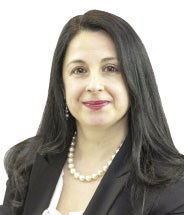
For Ksen, EDCC complaints about WPI’s lack of disclosure over its hotel plans rings hypocritical.
“At a time when everyone is upset about WPI and transparency, the EDCC is the starting point for lack of transparency,” he said. “I work for a union, and I'm a community organizer, so I firmly believe in being coordinated and working together ... but I don't believe in doing it secretly.”
Eric Casey is a staff writer at Worcester Business Journal, who primarily covers the manufacturing and real estate industries.
